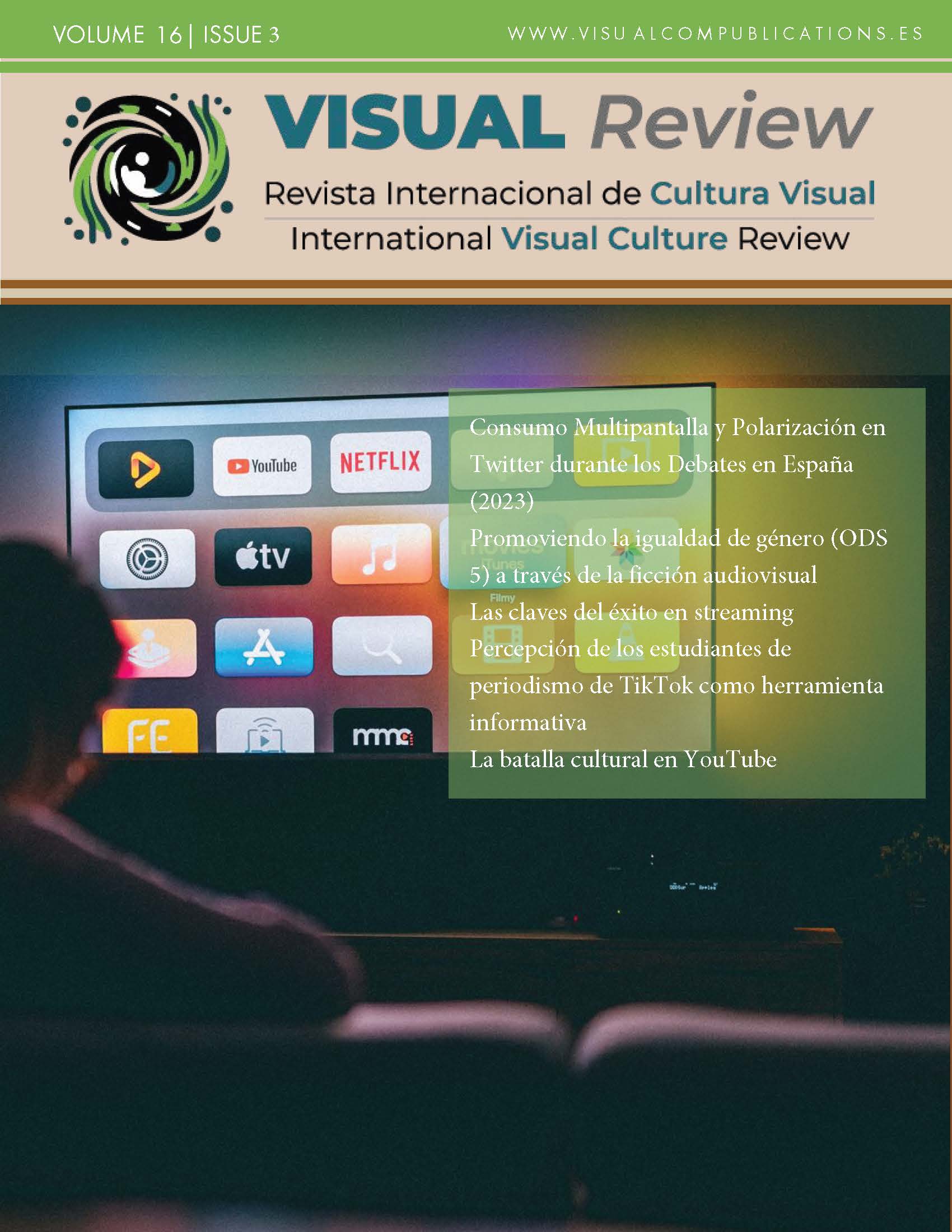Is ChatGPT Woke?
Comparative analysis of '1984' and 'Brave new world' in the Digital Age
DOI:
https://doi.org/10.62161/revvisual.v16.5264Keywords:
ChatGPT, Woke ideology, Technology, Censorship, 1984, Brave new worldAbstract
A study that examines the application of 'woke' ideology in the generation of textual content with ChatGPT, comparing the premises of the dystopias '1984' and 'Brave New World' with the outcomes produced by the AI. Through a participatory methodology with university students, the bias present in ChatGPT related to 'wokeness' is explored. The practical results show parallels with ideological control and the supposed freedom and equality, discussing the role of AI in amplifying social movements, while also highlighting the intersection between technology and social change in the information age.
Downloads
Global Statistics ℹ️
|
1555
Views
|
404
Downloads
|
|
1959
Total
|
|
References
Althaus Guarderas, J. (2023). El discurso woke, la cultura de la cancelación y la ideología trans. http://dspace.casagrande.edu.ec:8080/handle/ucasagrande/4406
Barnett, R. E., Kennedy, R., Meyer, E. B., McGinnis, J. O., Strossen, N., & Lee, K. K. (2020). Law, Social Justice, Wokeness and the Protests: Where Do We Go from Here? Regent UL Rev., 33, 315.
BBC News Mundo (2022). Qué es "woke" y por qué este término generó una batalla cultural y política en EE.UU. BBC. https://www.bbc.com/mundo/noticias-63465024
Blayney, J. A., Lostutter, T. W., & Kilmer, J. R. (2023). The battle for ideological hegemony: woke culture, social justice warriors, and right-wing populism. Journal of Legal Studies, Humanities and Political Sciences (JLSHPS), 10(1), 10-34.
Derhu, E. (2022). Qué es la ideología woke y por qué es atacada por Trump, Musk y Milei. Unidiversidad. https://www.unidiversidad.com.ar/que-es-la-ideologia-woke-y-por-que-es-atacada-por-trump-musk-y-milei
Escohotado, A. (2020). Los enemigos del comercio II: Una historia moral de la propiedad. Espasa.
Fundación Libertad y Progreso (2020). Antonio Escohotado y Alberto Benegas Lynch (hijo) - Debate sobre ideas de fondo. https://www.youtube.com/watch?v=Ud8nmABCJUQ
García Civico, J. (2023). Cultura de la cancelación, movimiento woke, tokenismo y nueva sensibilidad: un análisis desde la filosofía jurídica, moral y política. Cuadernos Electrónicos de Filosofía del Derecho, (48). DOI: https://doi.org/10.7203/CEFD.48.25899
Huxley, A. (1932). Brave new world.
Kanai, A., & Gill, R. (2020). Woke? Affect, neoliberalism, marginalised identities and consumer culture. New Formations, 102(102), 10-27. DOI: https://doi.org/10.3898/NewF:102.01.2020
Marina, J.A. (2023). Wokismo. https://www.joseantoniomarina.net/tag/wokismo
Martín-Ramallal, P., Merchán-Murillo, A. & Ruiz-Mondaza, M. (2022). Virtual trainers with artificial intelligence: levels of acceptance among university students. Educar. Revista de Educación, 58(2), 427-442. https://doi.org/10.5565/rev/educar.1482 DOI: https://doi.org/10.5565/rev/educar.1482
Meseguer, J. (2022). El gran despertar: qué es y por qué importa la revuelta "woke". Nueva revista de política, cultura y arte, (181), 4-17.
Orwell, G. (1949). 1984.
Ribeiro, D. (2023). O Impacto da Cultura Woke na Sociedade Contemporânea. The Trends Hub, (3).
Sansó-Rubert Pascual, D. (2023). Fundamentalismo ideológico, intolerancia social, neolengua y culto al agravio. Una revisión de la “Doctrina woke” como factor de alteración del orden constitucional. Araucaria, 25 (52), 583-605.
Sierra, J. R. (2022). La cultura de la cancelación o la tiranía de la censura. Revista Filosofía UIS, 21(2), 11-18. DOI: https://doi.org/10.18273/revfil.v21n2-2022017
Stefanoni, P. (2024). Make Argentina Great Again. Esprit, (1-2), 18-22. DOI: https://doi.org/10.3917/espri.2401.0018
Downloads
Published
How to Cite
Issue
Section
License
Copyright (c) 2024 VISUAL REVIEW. International Visual Culture Review / Revista Internacional de Cultura Visual

This work is licensed under a Creative Commons Attribution-NoDerivatives 4.0 International License.
Those authors who publish in this journal accept the following terms:
-
Authors retain copyright.
-
Authors transfer to the journal the right of first publication. The journal also owns the publishing rights.
-
All published contents are governed by an Attribution-NoDerivatives 4.0 International License.
Access the informative version and legal text of the license. By virtue of this, third parties are allowed to use what is published as long as they mention the authorship of the work and the first publication in this journal. If you transform the material, you may not distribute the modified work. -
Authors may make other independent and additional contractual arrangements for non-exclusive distribution of the version of the article published in this journal (e.g., inclusion in an institutional repository or publication in a book) as long as they clearly indicate that the work was first published in this journal.
- Authors are allowed and recommended to publish their work on the Internet (for example on institutional and personal websites), following the publication of, and referencing the journal, as this could lead to constructive exchanges and a more extensive and quick circulation of published works (see The Effect of Open Access).














